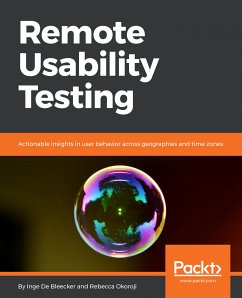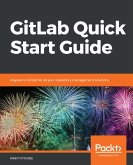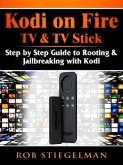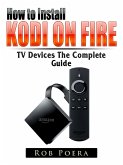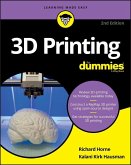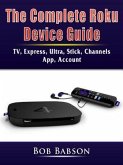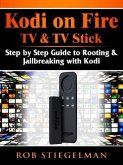Key Features
- Understand the different usability testing methodologies and their strengths and weaknesses
- Master the execution of remote studies
- Learn how to analyze and present study results
Book Description
Usability testing is a subdiscipline of User Experience. Its goal is to ensure that a given product is easy to use and the user's experience with the product is intuitive and satisfying. Usability studies are conducted with study participants who are representative of the target users to gather feedback on a user interface. The feedback is then used to refine and improve the user interface.
Remote studies involve fewer logistics, allow participation regardless of location and are quicker and cheaper to execute compared to in person studies, while delivering valuable insights. The users are not inhibited by being in a new environment under observation; they can act naturally in their familiar environment. Remote unmoderated studies additionally have the advantage of being independent of time zones.
This book will teach you how to conduct qualitative remote usability studies, in particular remote moderated and unmoderated studies. Each chapter provides actionable tips on how to use each methodology and how to compensate for the specific nature of each methodology. The book also provides material to help with planning and executing each study type.
What you will learn
- Choose the most suitable remote study methodology
- Establish a clear goal for the study
- Plan the study execution
- Understand recruitment logistics, expectations and compensation
- Set up and moderate remote studies
- Write good tasks and questions for each methodology
- Analyze and document the study results
- Deliver results that align with the goal for the study
Who this book is for
This book is for user experience (UX) professionals familiar with traditional in-person usability testing methodologies, or for UX designers with no prior exposure to user research and usability testing. Customer experience professionals or product managers who want to understand remote usability testing will also find this book useful. No knowledge of remote usability testing is needed.
Dieser Download kann aus rechtlichen Gründen nur mit Rechnungsadresse in A, B, BG, CY, CZ, D, DK, EW, E, FIN, F, GR, HR, H, IRL, I, LT, L, LR, M, NL, PL, P, R, S, SLO, SK ausgeliefert werden.

